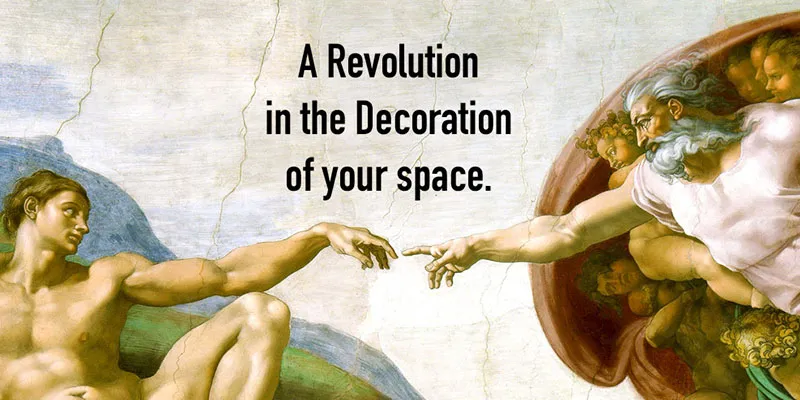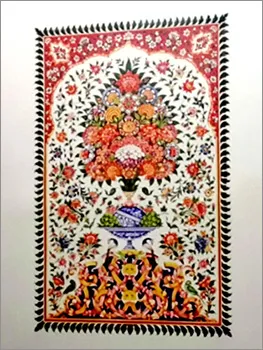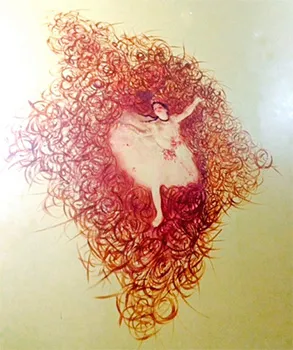Husband-wife duo brings fresco art to Indian homes
Gaurav Khanna and his better half Shradha Khurana moved to Australia in 2004 and attained their citizenship in 2006. While Gaurav used to work in finance, his spouse was working with a bank till 2012. Two years back, Gaurav was exposed to the concept of fresco art on walls in Melbourne and instantly fell in love with the art form.

Fresco is primarily a method of painting water-based pigments on freshly applied plaster, usually on wall surfaces. The colours, which are made by grinding dry-powder pigments in water, dry and set with the plaster to become a permanent part of the wall.
Gaurav discussed his love for the art form with his wife, and the duo sealed the idea of Pikscape and flew to India. “We packed up and came to India a year and half ago and had a plate full of challenges before coming to a stage where we are right now,” says Gurav. In January, the duo launched Pikscape in Punjab.
Pikscape introduces the service in commissioned museum quality fresco art (via combining traditional methodology and latest science) in India. Importantly, it’s the only company in India offering such fresco service and quality. The Amritsar-based startup offers planned museum quality fresco art on various porous surfaces directly, including walls, stone and fresco panels (wooden).

Selling unknown art form from Amritsar is very tough
“Living in Amritsar and thinking of making money via art is same as living in Los Angeles and thinking of making money via selling golgappas,” quips Gaurav. “Entrepreneurial culture and resources are not strong in this part of the world. We are extremely overwhelmed with the size of projects which are considering our service,” adds Gaurav.
Pikscape met multiple architects in a short span, and completed seven projects and is quoting for many. “We did our first project in January and made a revenue of around Rs 3.5 lakhs and are in the middle of three projects, and talking to some more,” says Shradha.
How Pikscape is different from traditional frescos like Ajanta/Ellora caves?
“Ajanta Ellora caves have paintings on walls and we do the same -- the main difference is that the techniques and materials used are more modern and quicker with much more vibrancy, durability and protection,” points out Shardha. Additionally, use of IT in research and execution of art is another major difference.

Planned art approach is a key feature of Pikscape. “We don't have any set designs. Every project is researched on and artwork is planned, designed and then executed,” emphasizes Shradha.
The company aspires to revive an age-old tradition with embracing technology / science and providing employment to local painter artist who do not have many opportunities after digital printing came in action.
Target audience and road ahead
All colors used while executing fresco are safe for domestic use and are eco friendly. For fresco artwork on wall, the company takes four to seven days while executing bigger projects and ceiling require more time. The common themes include paintings, Islamic art, Italian ornamentations, English ornamentations, modern art, ‘Naqashi’ along with customized art projects based on a concept.

Pikscape’s unique art form can be executed in houses, hotels, casinos, restaurants, mosques, churches, temples among several others. When it comes to pricing, the company charges Rs.7 per square inch, Rs.10 for direct on walls while fresco on stone and marble cost Rs.14 per square inch.
The duo aims to make Pikscape an entity doing projects all around India and working with creative architects and interior designers. “We plan to provide a professional artistic service to architects for fresco work, providing work to local artists and setting up an example of embracing traditional art with support of modern techniques, science and thought mechanism,” concludes Gaurav.
Website: Pikscape







